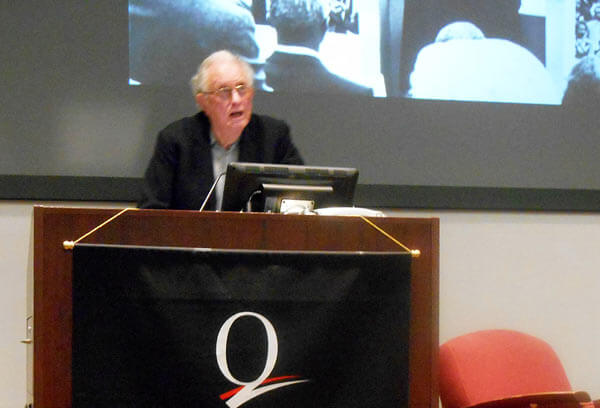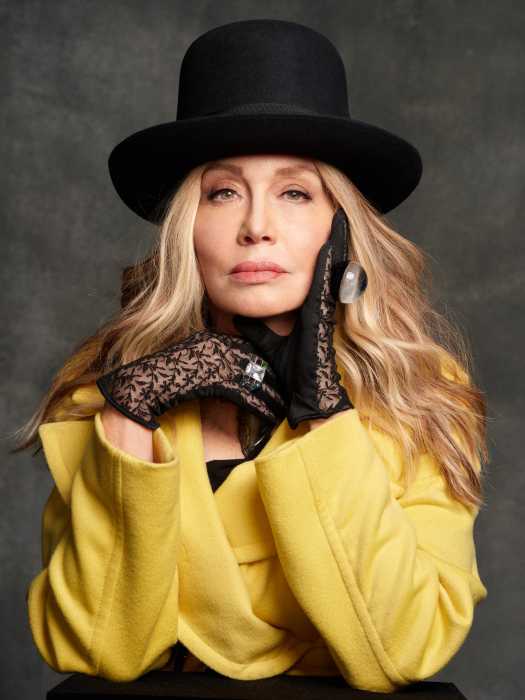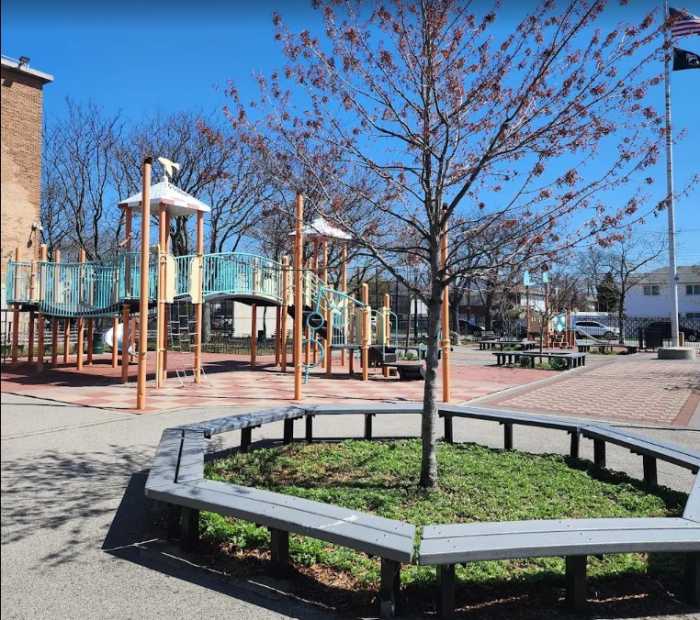By Merle Exit
When it comes to Black History Month, there is no one more celebrated than the Rev. Dr. Martin Luther King Jr., whose adult life has been depicted in photographs and documentary movies many times, but one film that captured him at home was tucked away until recently.
Queens native George Silano was the director of the movie, “Rev. Martin Luther King Jr: A Personal Portrait,” that looks at events that took place over the course of a week in December 1965.
“Up until that time,” Silano said, “we were the only film crew to be invited into Dr. King’s home in Atlanta.”
The documentary, produced by Peabody Award-winner Arnold Michaelis, had been stored in an archive for decades. Silano wondered what had happened to it, then discovered that he was the only person from the project still living. He was able to get in touch with Michaelis’ daughter and obtained a copy of the edited DVD.
A screening was presented at the Rosenthal Library, at Queens College, Feb. 4, nearly a year after the first public screening Jan. 28, 2013, in his current hometown of Southampton, L.I.
“Arnold did this with his own money,” Silano said. “The crew consisted of me, Arnold, my assistant cameraman and a sound man. My responsibility, only having one camera, was to give the illusion that there were three cameras instead of one, which was a challenge for me. We came away with several cans of black and white film.”
Prior to the film presentation Silano set the mood with some photos of the Birmingham home of King before and after it was bombed in 1956 as well as one taken as King stood behind President Lyndon B. Johnson during the signing of the Civil Rights Act.
“In my opinion,” Silano remarked, “I think Martin Luther King shamed everybody after spending eight years making speeches all over the country. If you take a look at the Bill of Rights, it doesn’t say, ‘for white people only.’”
One would expect civil rights to be the first topic of the documentary rather than the Vietnam War.
“Dr. King knew a lot of historic details about Vietnam reaching back to the ’40s and how they were always seeking self-determination. During the war he was aware that our government money was taken away from being used in helping poor black communities to pay for bombs,” he said.” King was also infuriated that young black men were being drafted into the U.S. Army to go and shoot yellow people for no particular reason while at home they couldn’t even take a drink at a public fountain, stay at a hotel or sit in the back of a bus.“
King’s wife, Coretta, was featured in the documentary. She first talked about her reluctance to become involved with Martin when she heard that he was a minister, expecting him to be pious in dark suits. But once she met him, she realized he was a kind and generous human being.
“When the house was bombed, Coretta shared that both her and Martin’s parents came immediately to discuss what to do. Coretta, also committed to civil rights and racism, decided to stay with Martin, continuing to be supportive of the movement. They later became ‘the power couple,’” he said.
Coretta talked about a place called Funtown, an amusement park in Atlanta which was not open to black children. When they kept driving past the venue, the children asked if they could go. After trying to evade the issue, Coretta finally explained that they were not welcome there.
At one point, when King was in jail the children asked why, to which Coretta said that Daddy was in jail to help black children go to Funtown.
One of the daughters replied, “Well, you tell Daddy to stay in jail until we can play in Funtown”.
“This was one of the light moments in the film,” Silano said.
When the documentary was filmed in the King home, Silano said it was not easy to control the young children. At one point, one of the sons came out and simply plopped himself down beside his father. The film shows a louver door opening to reveal one of the children peeking in and being hauled away by one of the adults.
“Usually, one would stop the camera while a solemn interview with a man who recently won a Nobel Peace Prize was interrupted. I thought it was a charming moment and kept it,” he said.
Michaelis asked King about his possible assassination during the final portion of the film interview.
“King said that if he were killed by the work that he was doing, it would have redemptive value and wouldn’t mind giving his life,” he said.
King’s assassination took place in Memphis in April 1968.





































